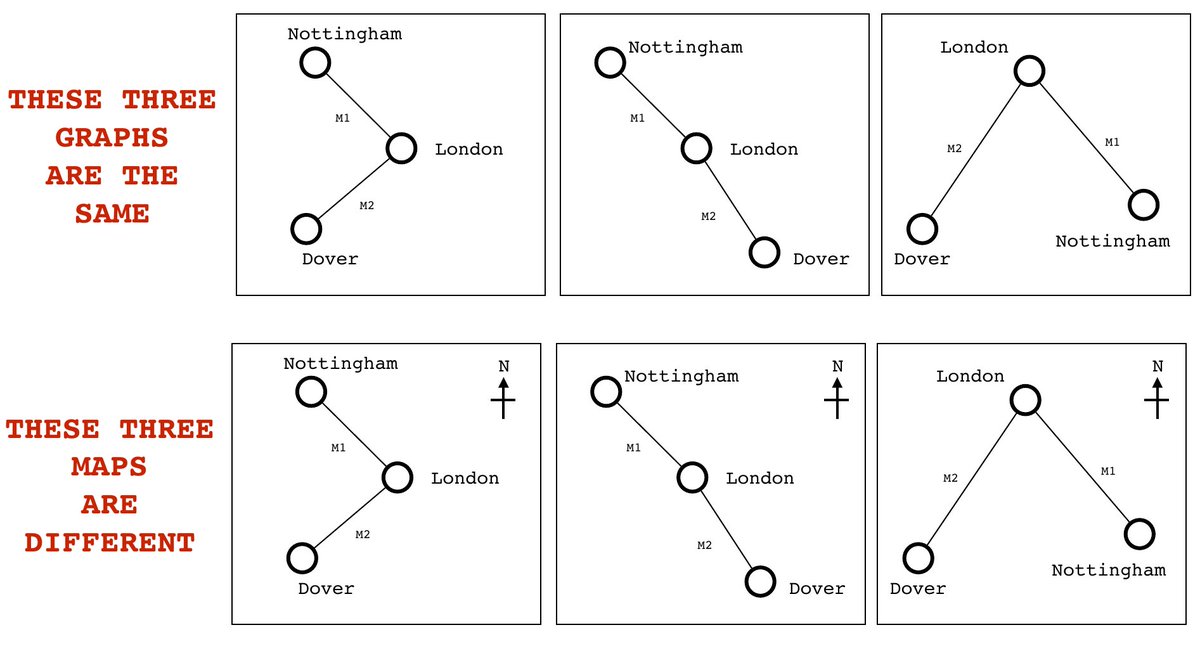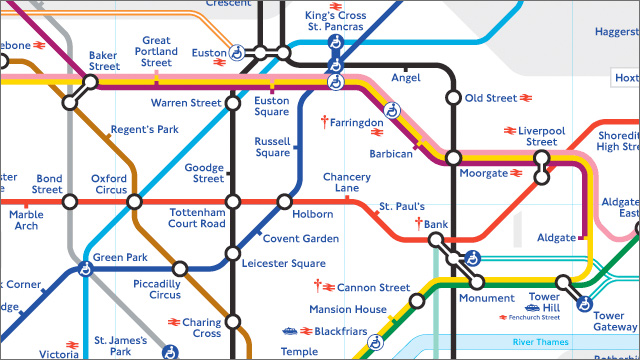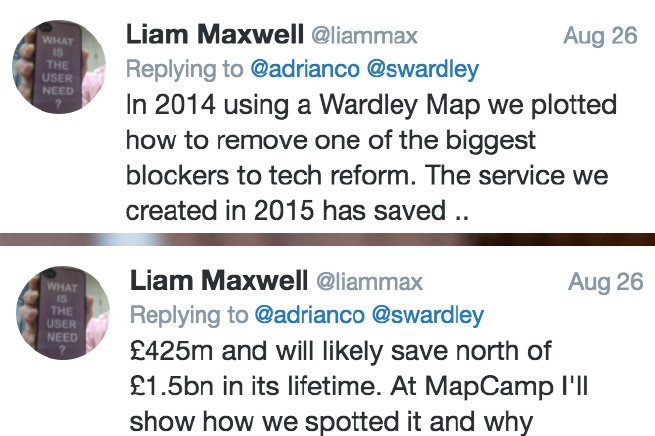
The civilization graph. Call it the 'Map' - medium.com/@trentmc0/star… ... no, why not call it the "Graph" ... 

Maps and Graphs are not the same thing. In a map, space has meaning which is why they are useful in exploring landscapes. 

Perfect timing by @mcraddock ->
https://twitter.com/mcraddock/status/1465997008020418560
A 16 year (so far) mission to get the world to look at its topology (not just geographic but economic, social and political). This does require people to look at maps and not graphs.
Graphs are better than no graph but we can do better with maps and eventually better maps.
Graphs are better than no graph but we can do better with maps and eventually better maps.

X : Why does it matter?
Me : Context. You will never understand how China plays the game, where digital sovereignty matters, how to organise yourself or even how to apply basic methods without context.
X : I disagree.
Me : Ok ...
Me : Context. You will never understand how China plays the game, where digital sovereignty matters, how to organise yourself or even how to apply basic methods without context.
X : I disagree.
Me : Ok ...
Me : Take a really simple systems graph. On this graph, tell me what you should outsource, what you should build in-house? It's all guess work that varies with time in patterns that you cannot see without "hand waving" ... 

Me : Now turn it into a chain. Add a focus like users at the top. You can call it what you want - a value chain, a supply chain. Try telling me what you should build in-house, what to outsource. Again, all guess work. 

Me : Now, turn that into a map. Suddenly we can start to have more sensible discussions on what to outsource, what to build in-house ... 

Me : For reference, this is how you would run that project (in 2012), which they did - delivering ahead of schedule and under budget in a world where 74% of "digital transformation" failed ... 

Me : That pattern is one of 30 common economic patterns derived from mapping which themselves are a subset of over 180+ general patterns ... 

Me : Now try looking at more complicated issues such as nation state competition without a map using graphs i.e. supply chains. You have no hope of seeing what is actually happening. Don't get me wrong - graphs are better than stories but you need maps to understand a landscape.
• • •
Missing some Tweet in this thread? You can try to
force a refresh







